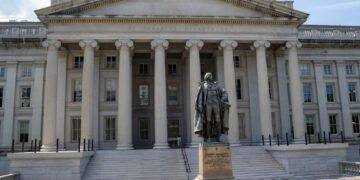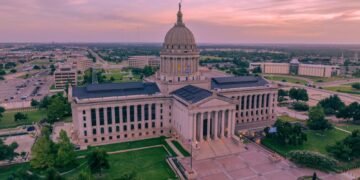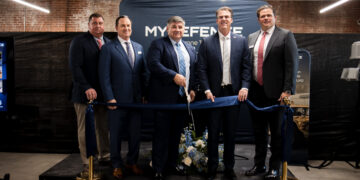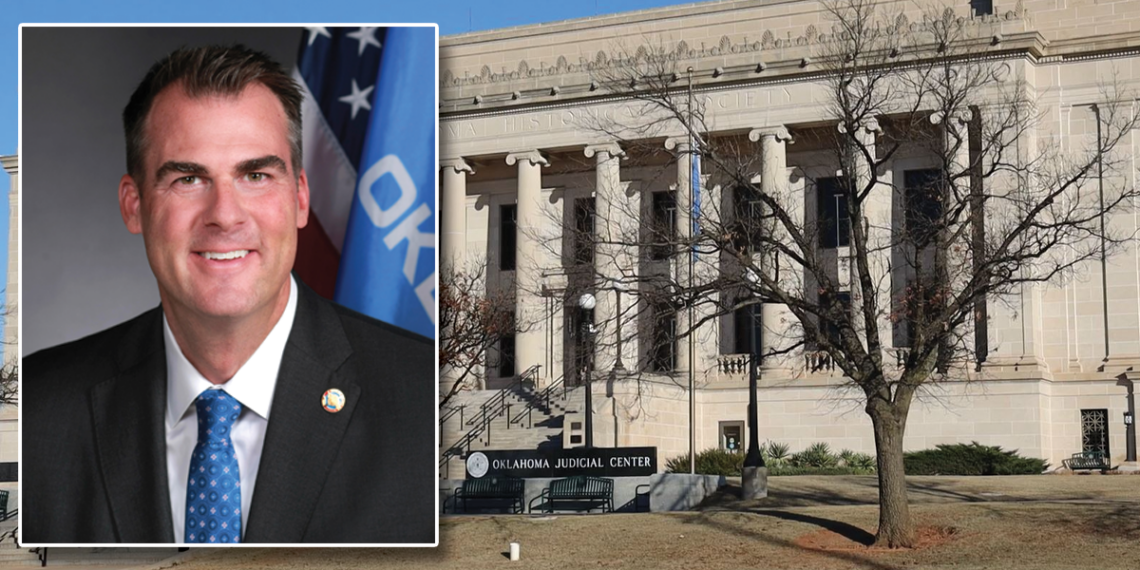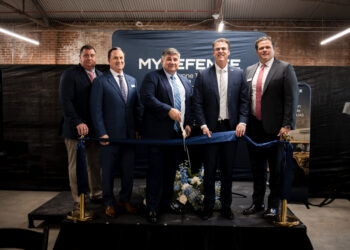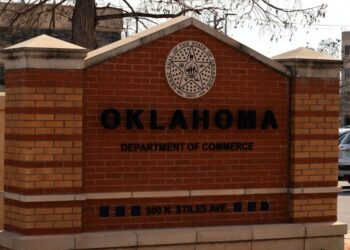OKLAHOMA CITY (OBV) – The Oklahoma Supreme Court unanimously ruled that the Oklahoma Legislature has the authority to pass bills that create compacts between the state and Native American tribes, therefore upholding the legislature’s override of Gov. Kevin Stitt’s vetoes of two compacting bills.
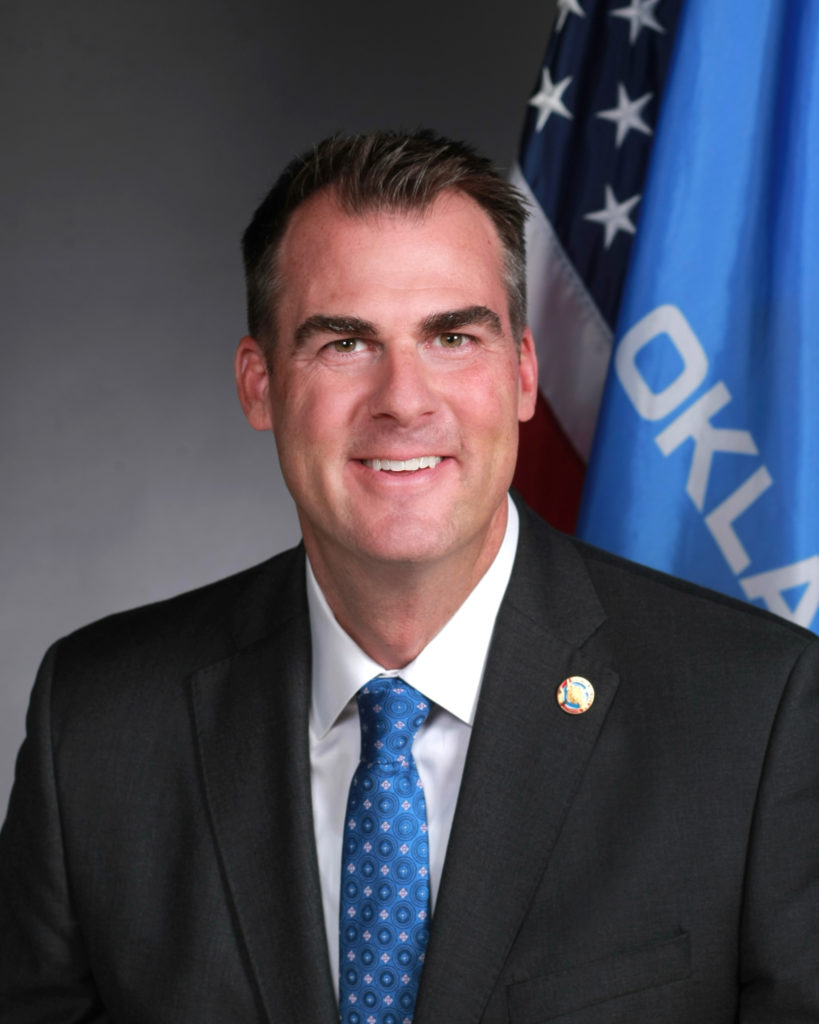
The state’s high court voted 9-0, authorizing the legislature’s power to create compacts with Oklahoma tribes and override a governor’s veto of such compacts.
Stitt filed a lawsuit in the Supreme Court against House Speaker Charles McCall, R-Atoka, and Senate President Pro Tempore Greg Treat, R-Oklahoma City, in late July after the Oklahoma Legislature successfully overrode Stitt’s vetoes of Senate Bill 26X, which allows for the extension of the Tribal Compacts Tobacco Product Sales Tax until Dec. 31, 2024, and House Bill 1005X, which extends vehicle registration compacts with the tribal nations.
“Though we recognized the Governor’s authority to negotiate and enter into compacts, ‘the Governor must negotiate the compacts within the bounds of the laws enacted by the Legislature,” the Supreme Court justices said in their opinion.
The justices went on to conclude, “We hold that the Legislature had the Constitutional authority to consider S.B. 26x and H.B. 1005x during a concurrent Special Session, and that the Legislation did not exceed the call of the Special Session. Additionally, we hold that the Governor’s authority to negotiate State-Tribal compacts is statutory, not constitutional.”
Although the court ruled in favor of McCall and Treat, Stitt issued a statement saying he is thankful for the clarity the ruling provided. He also emphasized the necessity of a car tag compact and highlighted his recent efforts to work with the tribes. That statement is as follows:
“I’m thankful that today’s decision gives future governors clarity around compact negotiations.
Over the last few weeks, I’ve finalized 11 compacts with tribal governments that protected the interests of the state, and I’m proud of that success. We are in talks right now with Cherokee officials to broker a car tag compact, and before this ruling we were confident we would get that done.
Right now, individuals driving with Cherokee car tags owe the Oklahoma Turnpike Authority over $4 million in missed tolls, so it is essential that we have a valid car tag compact to ensure that we have a Top Ten infrastructure for years to come. Now that we know that tribal governments can go to the Governor or the Legislature to negotiate compacts, I hope the Legislature agrees with me that we need to collect from every tag that drives on our toll roads.
Regardless of the outcome of this case, Oklahoma knows that I am a Governor that is going to stand up for fairness for all four million Oklahomans.”
Gov. Kevin Stitt
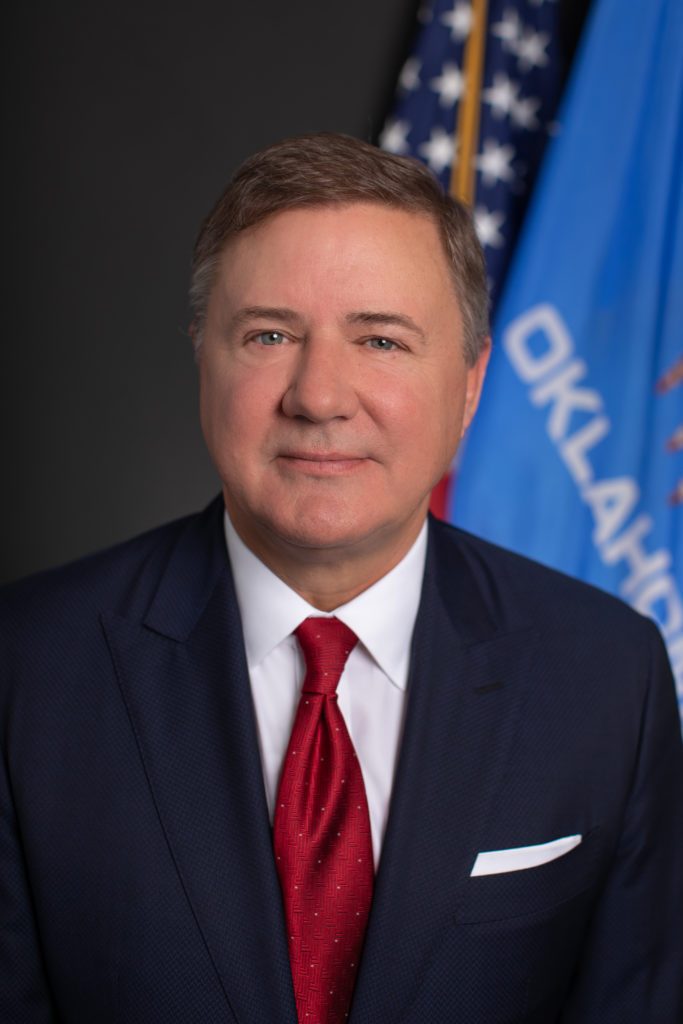
Oklahoma Attorney General Gentner Drummond represented the legislature’s leadership in the Supreme Court hearing. He released the following statement about the governor’s compacting authority and criticized Stitt for frequently being at odds with the tribes:
“I was honored to represent the Legislature in their efforts to uphold Oklahoma law, and I am pleased with the unanimous ruling in our favor. Gov. Stitt has repeatedly abused his office to wage baseless legal battles against our Native American tribes, wasting millions of dollars in state resources. This ruling makes clear that the Governor’s compacting authority is statutory only, subject to intervention by the Legislature when the Governor fails or refuses to act in the best interest of all four million Oklahomans.”
Attorney General Gentner Drummond
Oklahoma receives around $58 million each year from tribal motor vehicle and tobacco compacts.
The Oklahoma House of Representatives and Oklahoma Senate went into special session during the summer to override Stitt’s vetoes of the compacting bills. Stitt held a news conference shortly after, blasting the overrides, alleging that the existing compacts turn Eastern Oklahoma into a reservation and asserting that compact negotiations are the governor’s authority.
“We need the courts to tell us does the governor have the authority to negotiate the compacts or does the legislature have the authority to negotiate the compact,” Stitt said when he announced the lawsuit in July.
Treat issued a statement Tuesday, saying he was not surprised by the Supreme Court ruling that the legislature can pass bills that create compacts. That statement is as follows:
“This was an unsurprising, but welcome ruling by the Oklahoma Supreme Court. We knew from the onset this litigation was unproductive and a waste of taxpayer money. This is money that could have been spent on essential services for Oklahomans. Instead, it will go toward legal fees for outside counsel in a failed attempt on flawed logic and the governor’s authority to make policy decisions. I applaud the unanimous decision by the state Supreme Court and hope we can now re-shift our focus and attention to the important work of helping Oklahomans, which include our tribal partners.”
Senate Pro Tem Greg Treat
Oklahoma House Democratic Leader Cyndi Munson, D-Oklahoma City, also lauded the court’s ruling, issuing the following statement:
“I am very pleased with the decision of the Oklahoma Supreme Court today. This lawsuit took time and money away from Oklahomans, so this ruling is greatly appreciated. Tribal compacts greatly benefit all Oklahomans and with this issue now resolved, the legislature can continue our necessary work in creating policies that will better the lives of all Oklahomans. It is incumbent upon the Governor to work with our tribal partners instead of against them–it is not only in the interest of tribes, but the entire State of Oklahoma.”
Rep. Cyndi Munson
Stitt has made inroads in negotiating new tribal compacts recently. He and the Chickasaw Nation finalized new tobacco and vehicle tag and registration compacts in January. Those compacts, which will last 10 years, were praised by legislative leaders.


